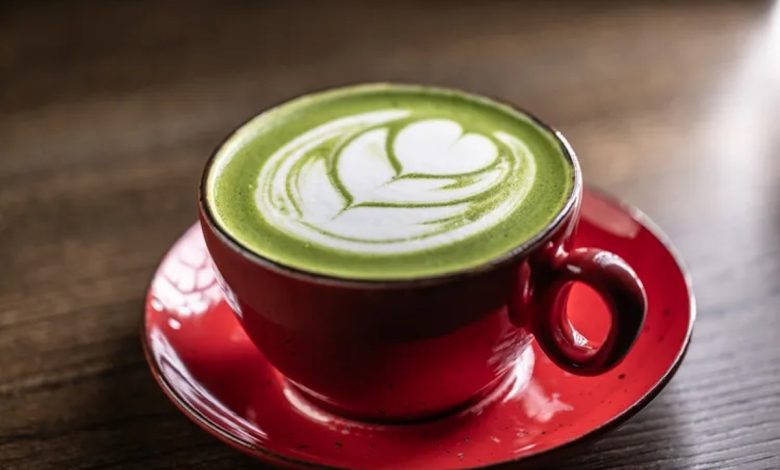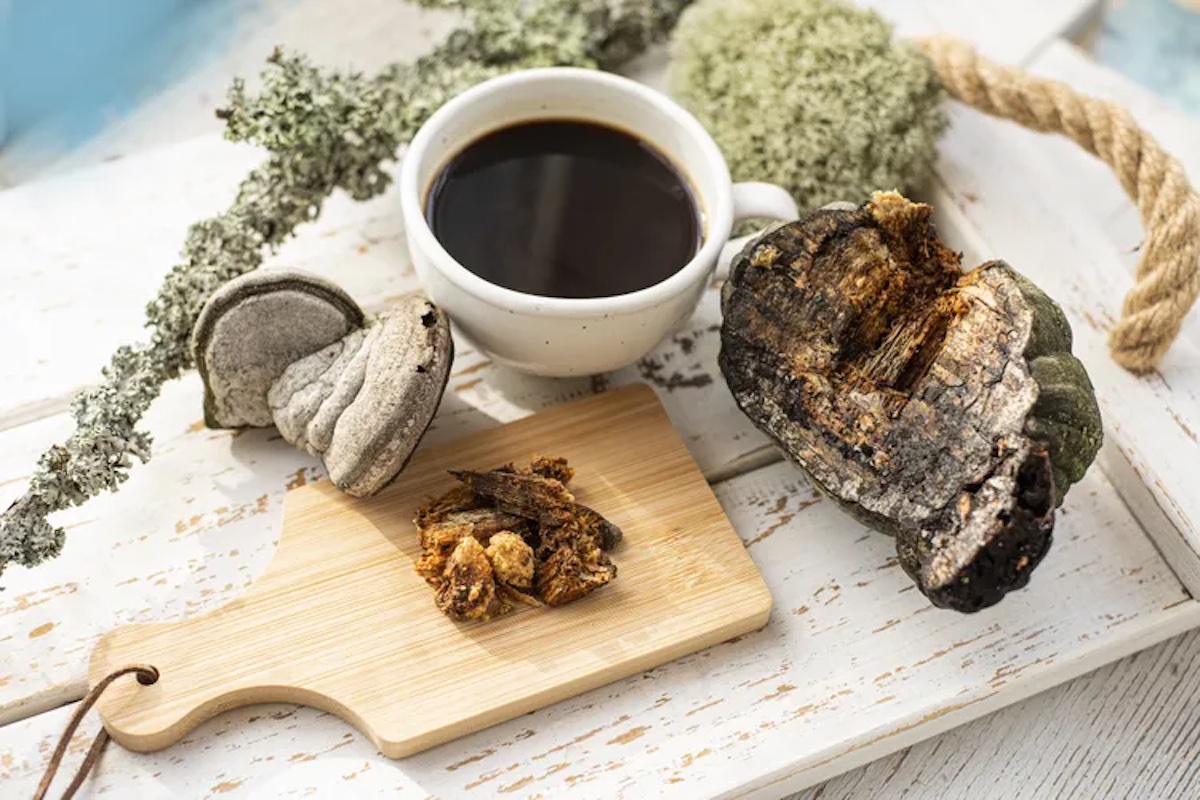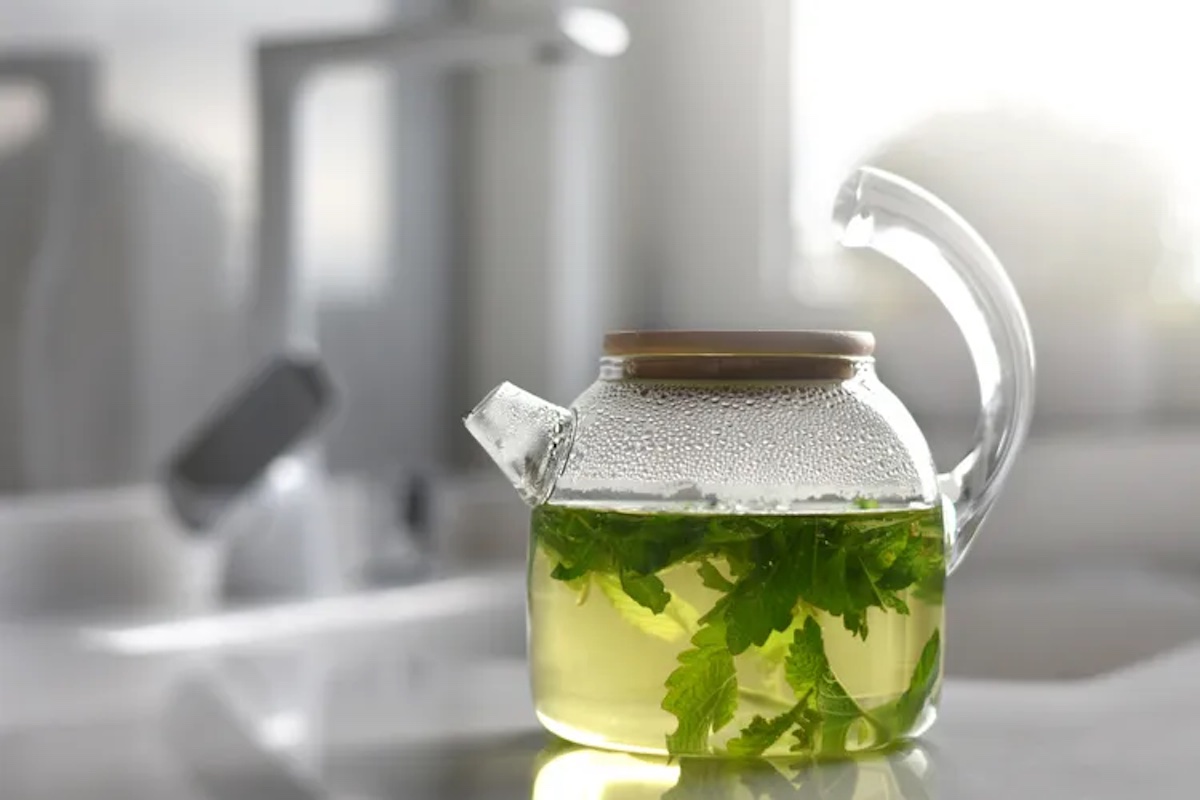8 Healthy Drinks That Can Replace Your Morning Coffee

coffee alternatives: Whether you want to give up coffee altogether or just cut back, you can choose between many healthy caffeinated and caffeine-free coffee alternatives. Consider these to start your day or enjoy on your morning break.
1. Matcha
Matcha is a powdered green tea known for its color, earthy flavor, and health benefits, many of which are attributed to an antioxidant called epigallocatechin gallate (EGCG). Researchers have linked this antioxidant to reduced inflammation, improved heart health, and potential protection against certain cancers.
Many people prefer it to coffee due to the less dramatic jolt of energy it provides. Though matcha contains caffeine, it is also rich in L-theanine, an amino acid that promotes a more sustained boost in energy and focus. The combination of caffeine and L-theanine supports short-term attention and cognition. You can make matcha at home by mixing matcha powder into hot water or milk.
2. Chai
One cup of chai tea prepared with milk contains around 21 milligrams (mg) of caffeine, compared to 90 mg in one cup of black coffee.
Short for “masala chai,” chai is a black tea made with warm spices, such as cinnamon, cardamom, ginger, cloves, and black pepper. Though black tea does contain caffeine, it has less caffeine than one cup of coffee.
The spices used to make chai tea also offer health benefits, such as support for immune and heart health, reduced inflammation, and improved digestion. Like other teas, you can prepare chai with hot water or your favorite milk.
3. Mushroom Coffee
coffee alternatives, Mushroom coffee is what it sounds like: a unique pairing of ground coffee beans and dried, ground functional mushrooms. Depending on the type of coffee, it may or may not contain caffeine.
Popular fungi used to make mushroom coffee include:
Fungi in the Cordyceps genus
Reishi (Ganoderma lucidum)
Turkey tail (Trametes versicolor)
Lion’s mane (Hericium erinaceus)
Chaga (Inonotus obliquus)
These fungi are known as adaptogens, natural compounds that help the body acclimate to stress and become more resilient to stressors. They may also support brain health, immune function, inflammatory response, blood sugar control, and focus.
Given their ingredients, most mushroom coffees have an earthy flavor, but many brands add cinnamon or cocoa to make the beverage more palatable. You can brew mushroom coffee the same way you would conventional coffee.
4. Yerba Mate
Yerba mate is a traditional South American tea made from the dried leaves of the Ilex paraguariensis plant. Its caffeine content is similar to that of coffee at around 80 mg per cup.
It also contains theobromine and trace amounts of theophylline, compounds responsible for yerba mate’s bitter taste and stimulating effect. When combined with caffeine, these compounds provide focus and energy without the jitters.
coffee alternatives, Traditionally, yerba mate is steeped in hot water and sipped through a gourd container with a metal straw. Some people also like adding other aromatic plants like mint leaves or chamomile to their brew.

5. Chicory Coffee
Chicory coffee is made from roasted chicory root, an herb with a flavor similar to that of conventional coffee. It’s naturally caffeine-free, making it a nice alternative for those who like the taste of coffee but don’t want the stimulating effect.
Chicory root is high in inulin, a type of prebiotic fiber (essentially, fuel for friendly gut bacteria).1011 It also has a mild laxative effect that may be helpful if you are experiencing constipation.
You can brew ground chicory root in your coffeemaker on its own or mix it with regular coffee grounds.
6. Mint Tea
Mint tea is made by brewing spearmint or peppermint leaves in hot water. It’s naturally caffeine-free, and though it does not provide an energy boost, many people appreciate its cooling effect on the senses.
A smooth mint tea might provide some digestive health benefits, possibly helping alleviate complaints like bloating, indigestion, and nausea. Lab studies have also found that peppermint has antimicrobial and antiviral properties, which may help keep harmful germs at bay.

7. Golden Milk Latte
Golden milk or turmeric lattes are made by blending your favorite dairy or plant-based milk with turmeric and warming spices like cinnamon, ginger, and black pepper. Adding a dash of black pepper to a golden milk latte helps boost the availability of curcumin, the active ingredient in turmeric, by up to 2,000%.
The golden milk latte doesn’t contain caffeine, and many people enjoy the ritualistic warmth of this simple and nourishing beverage. Turmeric has been widely studied for its anti-inflammatory, antioxidant, and disease-preventing benefits.
8. Rooibos Tea
coffee alternatives, Rooibos, or red bush tea, is a naturally caffeine-free herbal tea from South Africa. It contains antioxidants like aspalathin and quercetin, which may have heart health and anti-inflammatory benefits.
Compared to other teas, rooibos tea is low in tannins, which are compounds that can cause stomach irritation for some.
Piek H, Venter I, Rautenbach F, et al. Rooibos herbal tea: an optimal cup and its consumers.
Rooibos tea is brewed with hot water, and many people enjoy adding a splash of their favorite milk and honey or agave to a cup of rooibos tea.
Also Read:
9 Ways You’re Making Your Coffee Unhealthy Without Realizing It
What Happens to Your Blood Sugar When You Drink Coffee Every Day?
6 Teas Proven to Naturally Lower Blood Pressure and Improve Heart Health




